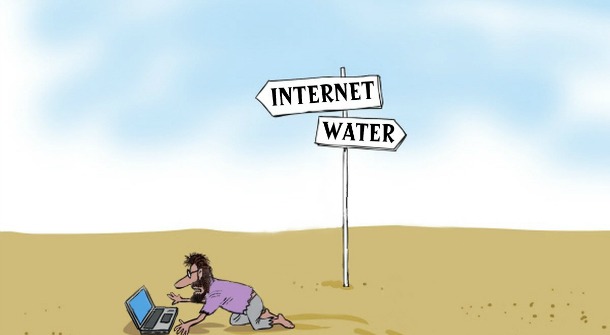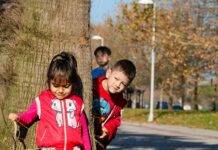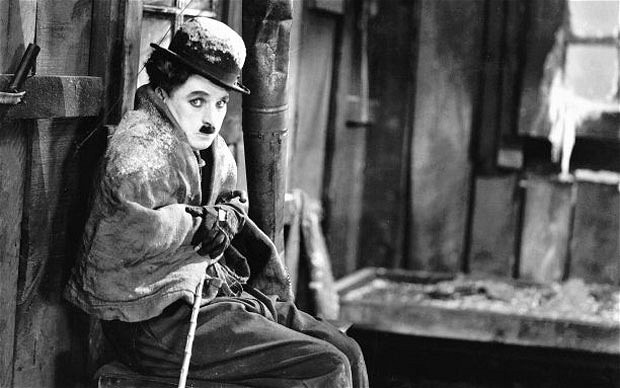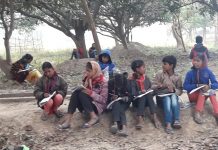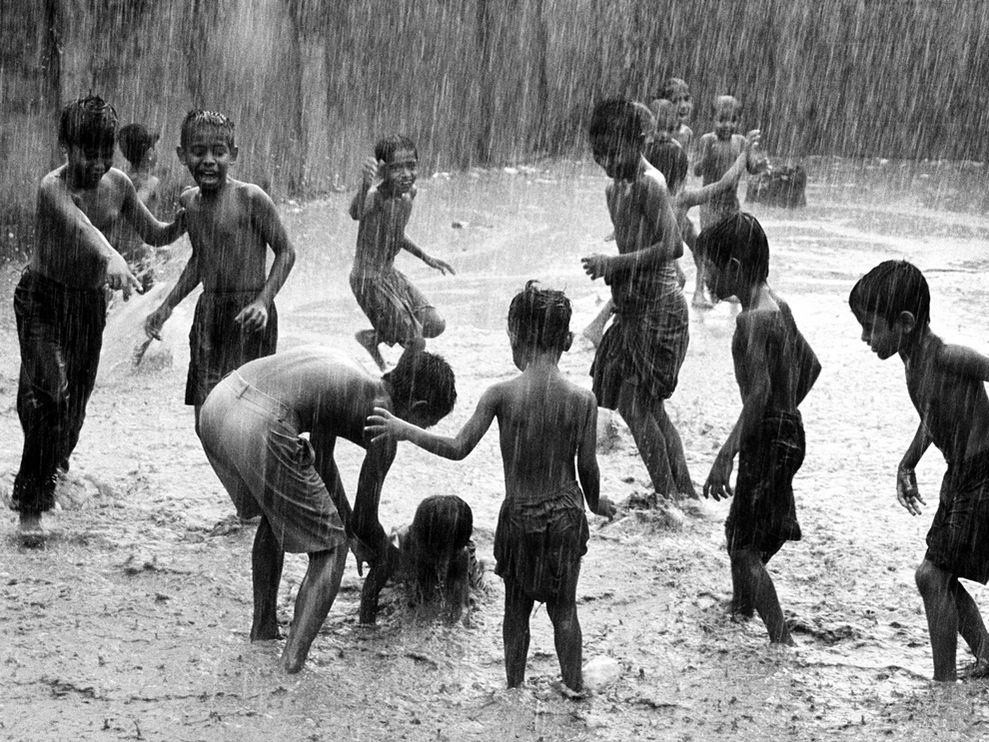Writing for children – is it really possible?
Almost the whole of children’s literature is written by adults. Though it is written for children, many times it is the adult’s perspective of the child’s understandings of life. It is about the adult’s perspective on children’s worlds and imaginations.
To be able to write for children one has to become like a child in thinking, but not childish. It’s a totally different perspective towards life and the world around. It is also said that the adult’s world and the child’s world are two totally different things.
Rabindranath Tagore said, “We rob the child of his earth to ‘teach’ him Geography, of language to ‘teach’ him grammar. His hunger is for the Epic (but) he is supplied with chronicles of facts and dates”.
To be able to write for children, much of the learning should first happen to the adults. There are numerous things which adults should realize. Being sensitive and respectful to children is one of primary steps, then writing becomes like a word craft. A spontaneous and honest word craft. Children are spontaneous and not pre-planned. Spontaneity is followed by honesty, and that is what I mean by being like a child.
Connectivity to Nature
We all are in actual sense, deeply connected to Nature. Realization of this connectivity is significant for us. It can happen easily in the childhood, with the help of proper facilitation and connectivity to it.
Nature has it’s own language. I’m saying this because for me, Nature is the best writer to its children i.e. ‘us’. But, it’s also important to learn the language of the Nature so that we are able to read it.
Since childhood we are taught languages with great efforts taken by adults. We learn ‘words’ and the use of words, to express ourselves. Here it is important to understand that ‘words and languages’ are just one of the many mediums of human expressions. The process of learning any language of words takes years. In this long process most of the other mediums of expressions are missed or even ignored.
We are blessed with ‘Vibrant’ life all around us. We need to be given chance to sense it and experience it. Since childhood if we learn to ‘read’ the connectivity to it, no one will try to destroy the life around. If the child is connected to nature in it’s childhood, why he will destroy Mother Nature? Instead he will try to understand Nature more and more. Instead of destroying it for its greedy usefulness he will learn to love Nature and will be able to take care of it, and vice versa.
This learning is possible with the help of various types of exercises. Nature is constantly writing and sharing it’s deeper secrets, how many of us are able to read them. The time has come that we include a strong system in education that will involve children to learn to read ‘Nature’. Otherwise as per the predictions of the scientists, there won’t be any life left on Earth,
Writings are a writer’s own perspectives
When somebody is writing for children, it means that children are asked to read ‘words’. In my observation this whole process limits their chance of actual exploring and experiencing the ‘Life’ around them.
Writer’s viewpoint is one possible perspective towards Life. We all are gifted with endless numbers of possibility. But to realize our own possibility we need to explore them. Similarly, every child needs to explore his/her own way of learning ‘Life’. Every child needs his/her own space, to be understood. Obviously it takes time. Only then these possibilities of learning can happen deep. Thus, the child needs more time. As he is looking to the life like a ‘wonder’, like a phenomenon is happening around.
Naturally many children love to observe Nature around them. And they are able to observe so many vast and small things, and keep wondering about it. Curiosity keeps arousing every time. The mind then is surrounded by thousands of questions. Among them some will be answered but most of them need to be discovered on their own.
My point here is if they are engaged more in learning the language and reading the ‘writings’. They are expected to learn these things as fast as possible. Because the ‘adult’ world around them is in some kind of hurry. But not aware of where they are leading to. I keep meeting ‘Literate’ adults who are confused with their own lives. Some of them accept that they are confused and some of them cover up their confusions with their own philosophies. So what happens to the spontaneity and curiosity they possess in their childhood? So why in the process of ‘Living’, the spontaneity is lost? And the curiosity is killed? What happens to ‘spontaneous honesty’? Human society is full of these kinds of adults.
‘Nature’- The best writer
The Nature has already written ‘Life’ around us. Can ‘we’, it’s ‘children’ read it?
Human body is the best example to realize Life in deeper levels. Human body is a part and parcel of Nature. It’s also considered as the smaller version of the universe.
An example will help us to understand this –
India is a tropical country. Now suppose, it’s a hot day out side. A person comes home from outside, irritated by the heat. Enters in the room. What will he do first? He will switch on the fan and will try to reduce the heat and feel better. Generally that will be the situation.

Now imagine, we come home, in a hot sunny day. Enters the room, and instead of switching on the fan, we start watching our own body. Being curious about how our body reacts to the heat, we start observing ourselves. Then we can experience one of the amazing phenomenon takes place in the body. That is, sweat drops starts coming out of skin pours. And once enough amount of sweat is created, the body is cooled down naturally on it’s own. Isn’t it amazing?
I feel it’s an example of an experiment of reading whatever is written by Nature within us. It will make us more sensitive towards Life. Compared to written words, these experiences are deeper insights of life.
Written words seem to share shallow experiences than compared to realizing life within us. But it needs to be cultivated since childhood.
In fact, in my experience children are more open to real life experiences, but the society forces them to learn the ‘words’, and the child starts becoming unaware of deeper life experiences.
The child starts getting engaged more and more towards outside world, the so called ‘modern’ society and it’s pursuits, both mentally and physically.
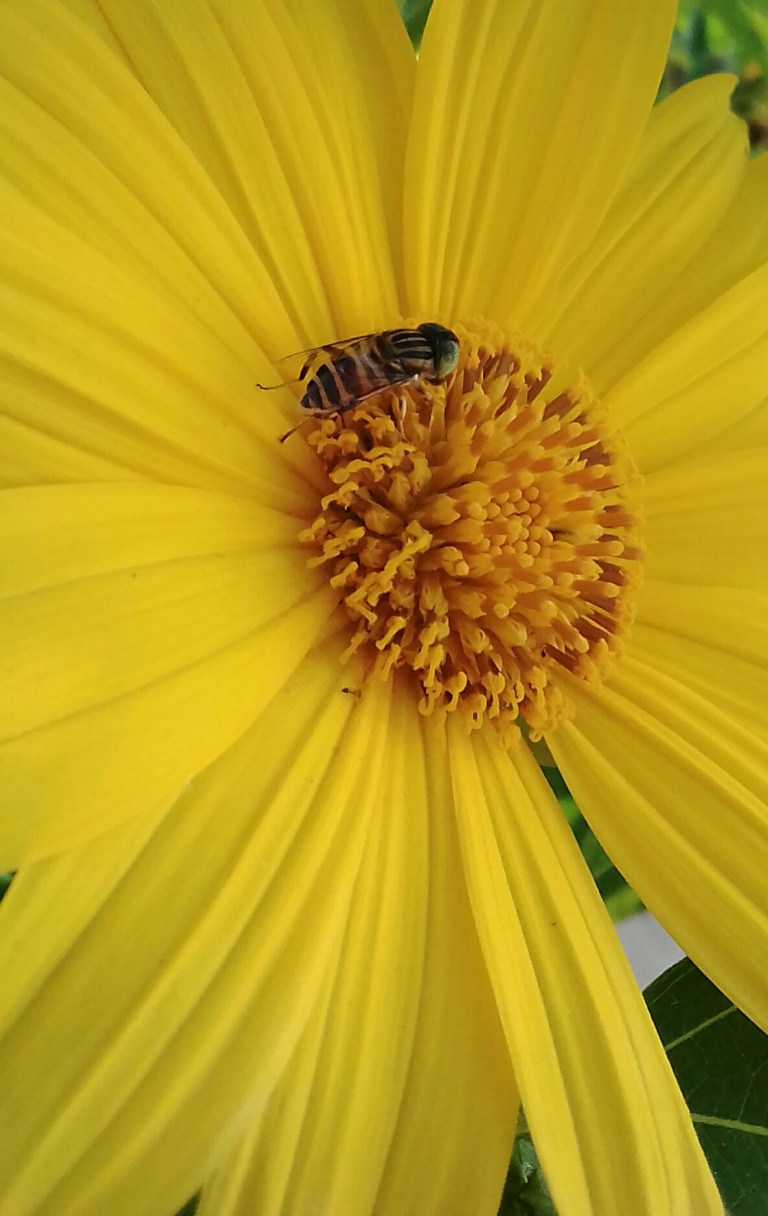
‘Nature’ itself is a manifestation as an ultimate piece of Art. Being vibrant in nature, it uses varied number of mediums to express itself. We can say that, it is writing constantly. But its languages are different and deep in nature. We need to work on our self so that we are able to read and understand what is been written by Nature. It’s like an open book. As if the secrets are ready to reveal them and covered with very thin curtain. Anybody who is sensitive to its language can read it, and also can experience it. It is also a faithful and honest companion, who will never fail us. We need to keep coming up with different ways of learning such a vibrant languages of Nature.
It can be a totally new perspective towards ‘Writing’ and ‘Reading’. An experiment, isn’t it?
Arvind Dhondphale is working in an alternative school named The Peepal Grove School. His interest is in working on developing the use of senses using creative exercises to understand self better with the help of ‘Nature’–one of our finest teachers.



